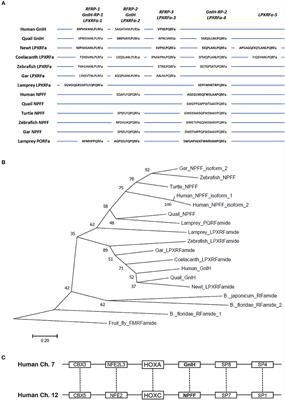EDITORIAL
Published on 19 Dec 2019
Editorial: Progress in Reproductive Neuroendocrinology in Vertebrates
doi 10.3389/fendo.2019.00895
- 1,235 views
- 1 citation
9,467
Total downloads
39k
Total views and downloads
EDITORIAL
Published on 19 Dec 2019
REVIEW
Published on 21 May 2019
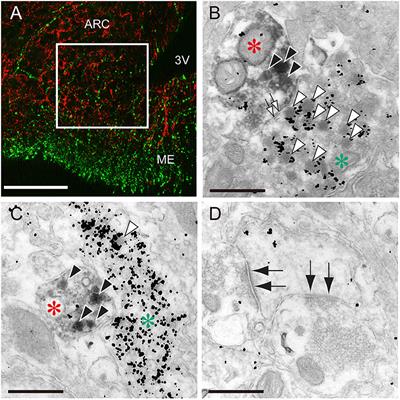
MINI REVIEW
Published on 24 Apr 2019
REVIEW
Published on 10 Apr 2019
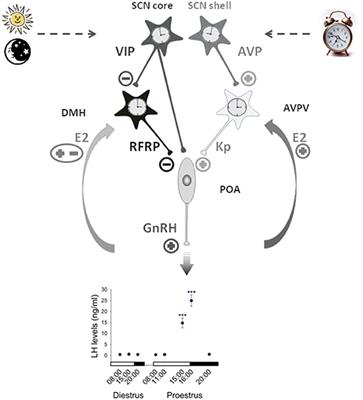
REVIEW
Published on 25 Feb 2019
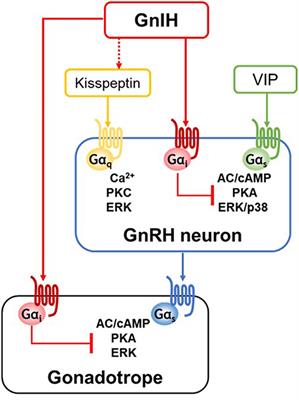
REVIEW
Published on 19 Feb 2019
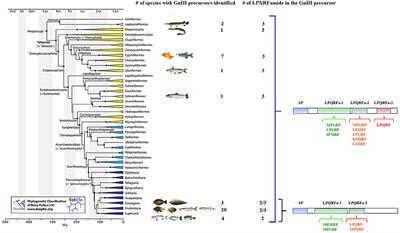
REVIEW
Published on 12 Nov 2018
